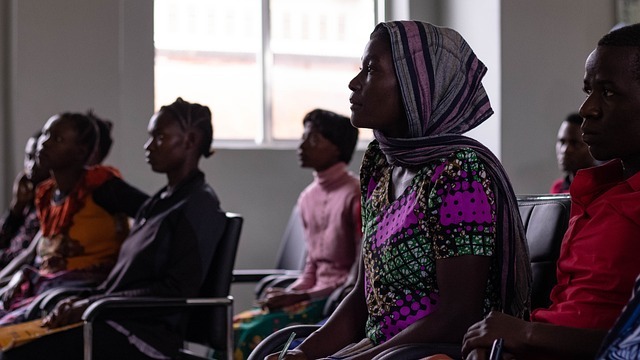
Understanding the Commission on the Status of Women
The Commission on the Status of Women (CSW) stands as a beacon for gender equality and women’s empowerment around the world. Established by the Economic and Social Council (ECOSOC) in 1946, the CSW serves as the main intergovernmental body focused exclusively on these crucial issues. Each year, during a two-week session at the UN headquarters in New York, representatives from UN member states, civil society, and UN entities converge to assess the advancements made and outline further actions needed to uplift women's rights globally.
A Platform for Global Dialogue
The annual meetings are not just formalities; they are pivotal in shaping global standards on the rights of women and girls. Discussions often pivot on the successes and challenges in implementing foundational documents, such as the Beijing Declaration and Platform for Action, which continue to resonate in conversations about gender equality even decades after their creation. This platform fosters an environment where countries can expose shortcomings and collaborate on sustainable solutions.
Challenges Meet Opportunities
As the CSW gears up for its upcoming sessions, including the significant Beijing+30 review in 2025, anticipation builds around pressing issues in gender equality. With topics including women's rights in the digital age and climate action, the Commission continues to address both emerging and longstanding challenges faced by women globally.
Continuing the Fight for Gender Equality
UN Women plays a supporting role throughout this process, not only providing logistical assistance but also amplifying the voices of civil society representatives. By focusing on gender equality, UN Women seeks to dismantle the barriers that have historically hindered women's rights and strive for their often-overlooked contributions to society.
 Add Row
Add Row  Add
Add 






 Add Row
Add Row  Add
Add 

Write A Comment